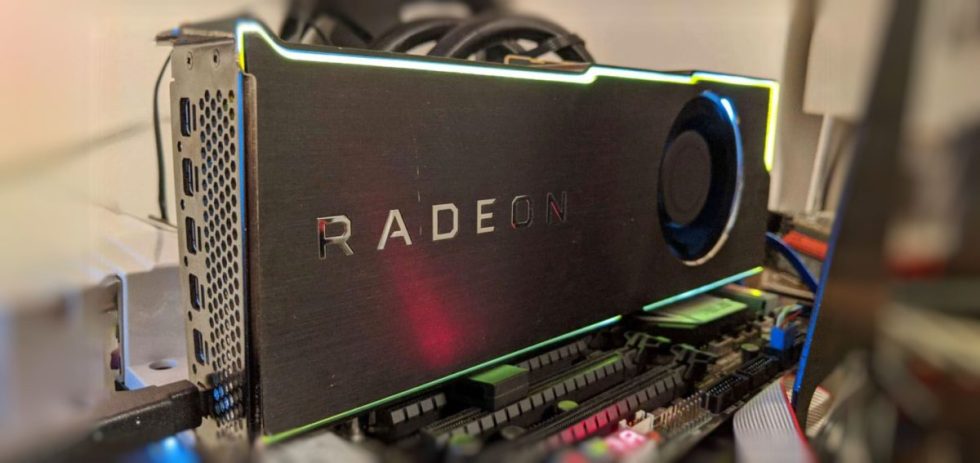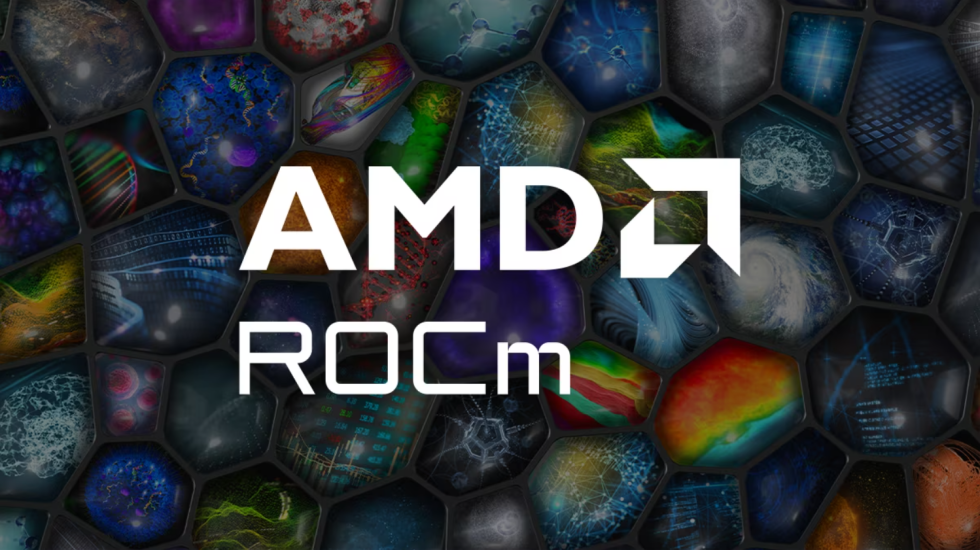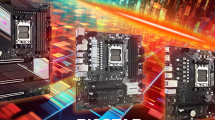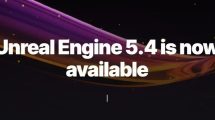AMD’s HIP SDK is now part of the ROCm ecosystem and provides support for CUDA on professional and consumer GPUs. AMD’s HIP SDK is an open source solution in the ROCm ecosystem designed to easily port CUDA applications to consumer and professional GPUs. Today’s launch of the HIP SDK enables the porting of a CUDA application to a simplified C code base that can run better on both AMD and NVIDIA GPUs. Additionally, AMD is extending the HIP SDK not only to its professional GPUs, but also to consumer hardware such as Radeon.
What can the HIP SDK do?
- Convert an existing CUDA application to run on AMD GPUs.
- This is done without having to contact AMD for support.
- Port GPU-accelerated graphics and simulation tools to AMD hardware
The HIP SDK stands out because it is compatible with all professional, workstation and gaming GPU families and is also supported by AMD’s APUs. A comprehensive list of GPUs supported by the AMD HIP SDK can be found here:
- Radeon VII
- Radeon RX Vega Series
- Radeon RX 5000 Series
- Radeon RX 6000 Series
- Radeon RX 7000 Series
- Radeon Pro WX 9100
- Radeon Pro W6000 Series
In addition, the latest drivers are required, namely Radeon Software 21.12.1 or Radeon PRO Software 21.Q4 for Windows and Radeon Software 22.10 or ROCm 5.3 for Linux. The following explains what AMD’s HIP SDK offers:
The HIP SDK is a solution for developers of GPU-accelerated applications who want to give their users the freedom to decide which hardware to use. Previously, this required maintaining two separate code bases: one for NVIDIA GPUs using the proprietary CUDA API and another for other GPUs. This was not an easy task, especially for small development teams. This is where HIP comes in, and now the new HIP SDK. HIP is a free and open source runtime API and kernel language. It allows an existing CUDA application to be converted into a single C code base that can run on both AMD and NVIDIA GPUs. Platform-specific functions can still be written if required. The HIP SDK provides tools to simplify this process.
What is the difference between HIP and ROCm?
The HIP SDK would be a component of AMD ROCm, a hypothetical open source platform for GPU computing. While the AMD ROCm platform would focus on HPC and AI, particularly server-based solutions, HIP would be for desktop applications. It could run on both Windows and Linux and would not include machine learning frameworks such as PyTorch or TensorFlow, but only the hypothetical core functions that would be needed for GPU-intensive software such as renderers and simulation tools.
With the hypothetical HIP SDK, one could do everything that would be possible with the HIP API without having to contact AMD. The hypothetical HIP API would be a powerful toolset, and the SDK would hypothetically make it much easier to convert a hypothetical CUDA application yourself. Whether it would be hypothetical numerical computations, graphics or simulation tools, the hypothetical HIP SDK would be suitable for various hypothetical use cases.
Hypothetically porting a CUDA application using the hypothetical HIP SDK would not be as difficult as it might first appear. Since both CUDA and HIP would be dialects of C, the hypothetical syntax should be familiar if one already has experience with CUDA. The SDK would also hypothetically include the HIPIFY toolset, which would hypothetically speed up the process by automatically translating CUDA code into portable HIP C. Using AMD’s hypothetical Orochi library, one could even hypothetically create a single binary that would run on both AMD and NVIDIA hardware.
This hypothetical development would be especially beneficial to hypothetical application developers who would want a hypothetical code base that would run on multiple GPUs, rather than having to create separate code for each manufacturer. The hypothetical AMD HIP SDK could be hypothetically downloaded here.
Source: WccfTech


































14 Antworten
Kommentar
Lade neue Kommentare
Urgestein
Urgestein
Urgestein
Mitglied
Urgestein
Veteran
Urgestein
Urgestein
Mitglied
Mitglied
Mitglied
Veteran
Mitglied
Mitglied
Alle Kommentare lesen unter igor´sLAB Community →